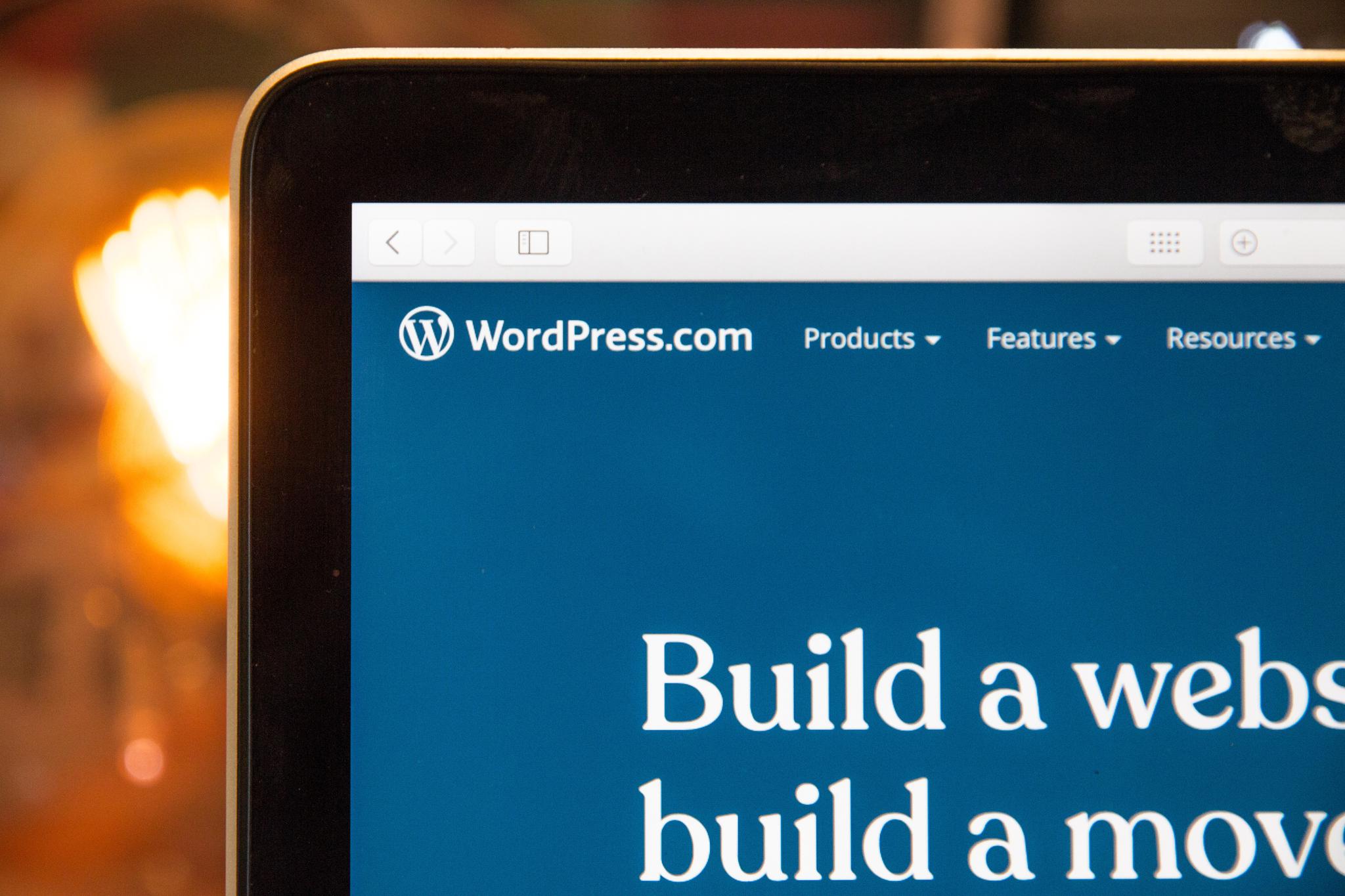Which is the Better CMS? WordPress VS Drupal
Content management systems (CMS) are computer systems that create, manage, and modify digital content. CMS can be helpful to people looking to manage their website content, as operating these systems does not require any specific coding experience. Most CMS possess a basic back-end infrastructure, allowing users to focus more on the forward-facing parts of the site. Many are also open-source and free. WordPress and Drupal are the most popular CMS for designing personal and professional websites. So, how do they fair against one another?
What is Drupal?
Drupal is a free, open-source CMS with a community of over 1.39 million members. Drupal’s open-source backend framework supports around 14% of the top 10,000 websites in the world.

Advantages of Drupal
- Customization: Drupal’s content types are highly customizable. Drupal has over 30,000 community-created modules, which can be integrated into existing code, allowing you to alter or add to their functionality. These modules can be utilized to tailor your website themes to your specifications.
- Multilingual support: Drupal has functionally built into the platform, allowing users to automatically produce and translate content into many languages without integrating third-party services.
- Security: Drupal’s community modules can be utilized to modify your website for tighter security. This includes adding modules that require the input of strong passwords and password updates to fend off hackers.
What is WordPress?
WordPress is a free, open-source content management system (CMS) that can be used to create blogs and websites. Among CMS, WordPress is one of the most popular to use and currently powers over 43% of websites on the Internet.

Advantages of WordPress
- Adaptability: WordPress is a highly adaptable platform. Its flexibility allows it to be utilized to power websites of varying complexity. From small personal blogs to the official White House website, WordPress can be tuned to meet the needs of almost anyone looking to build a website.
- Accessibility: WordPress can be accessed by anyone, and a WordPress site can be up and running in minutes. WordPress does not require users to possess coding skills to customize the site to their preferences. WordPress developers are often more affordable than other CMS developers.
- Expandable: WordPress offers multiple themes that can be used to customize a website to one’s preferences. Users can also purchase and integrate themes from third-party designers to create a unique website.
How do they compare? Drupal vs. WordPress

With WordPress, it is simple and easy to create a fully functional website. WordPress’s easy-to-use interface and plug-and-play functionality make it accessible and preferable for first-time website builders. However, you cannot alter WordPress’s core code, making it less attractive to developers looking to integrate modules to increase their website's security.
Drupal requires some development know-how to design a functional and attractive website. Its responsive web design and community modules make it an ideal platform for developers looking for a little more control over their websites. Drupal offers a variety of built-in features and a reliable contributor community. Drupal's code is continuously updated by its community, making Drupal websites more responsive, mobile-friendly, and optimized than websites made using other platforms. Its customizability also make it a highly secure platform, allowing developers to program in various fail-safes to ward off hackers.
